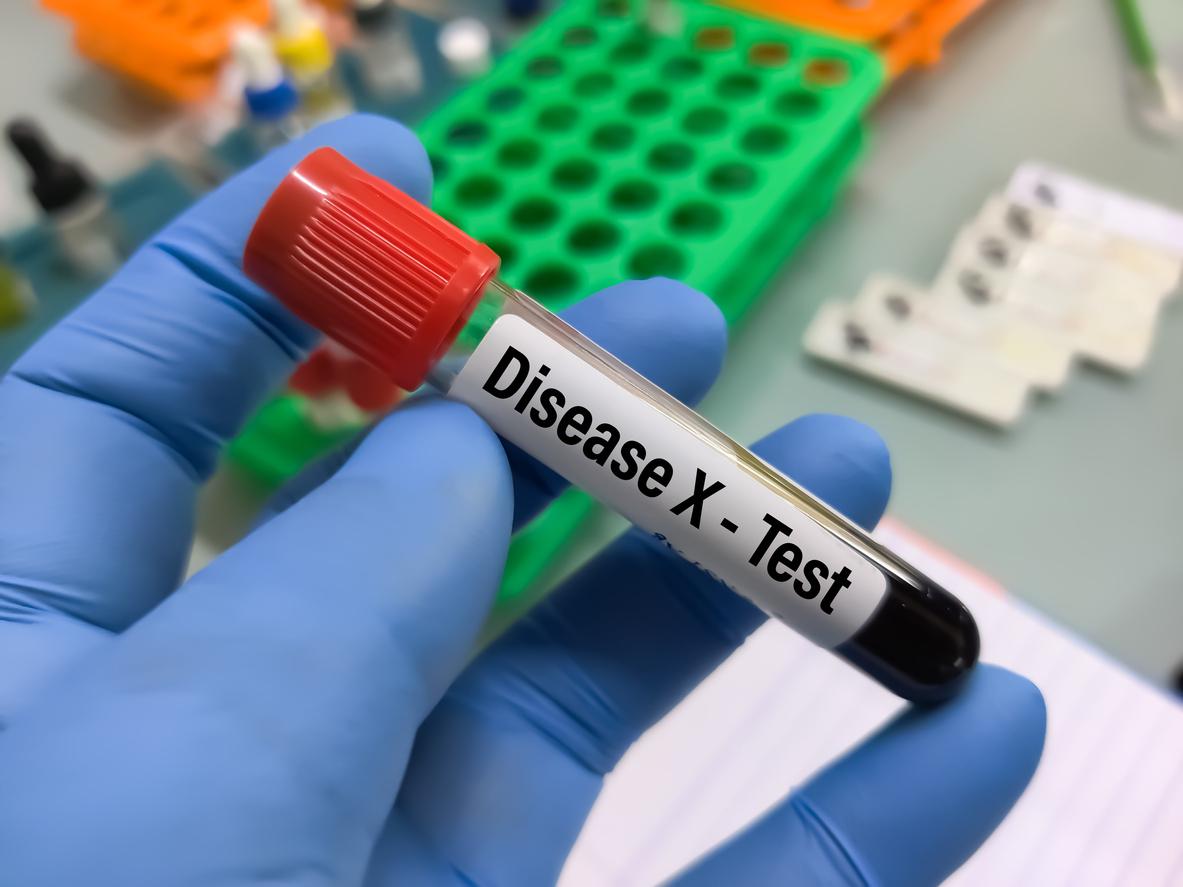Researchers from the Institute for Health and Medical Research (Inserm) have discovered two new genes that play an essential role in the age of onset of Huntington’s disease. Of hereditary origin, this disease leads to neurodegeneration characterized by psychological symptoms (depression, aggressiveness, agitation), cognitive disorders (memory disorders, confusion) as well as motor problems (trouble with balance, speech, swallowing), recalls Inserm.
In order to better understand the factors that influence the age of onset of the disease, which can manifest itself around the age of 30 or 50, the researchers focused on two genes in particular: OGG1 and XPC. They therefore analyzed their structure in 299 patients and compared them with those of 582 healthy people. Result: two sequence combinations of these genes, associated with an earlier age of onset of the disease, have been identified, announces Inserm.
“At this stage, good DNA repair and effective cellular protection against oxidative stress appear as direct or indirect ramparts against the onset of symptoms”, explain researchers Janet Hall and Alexandra Durr, co-authors of this study.
“These mechanisms needed to preserve cell integrity could offset the effects of neurodegeneration and allow to delay the manifestations of the disease for a certain time. The prognostic power of these two genes remains to be verified on a larger cohort. But if, in the future, we manage to develop a preventive drug to delay the onset of symptoms, these genetic modifiers will allow us to better prioritize patients.”
















